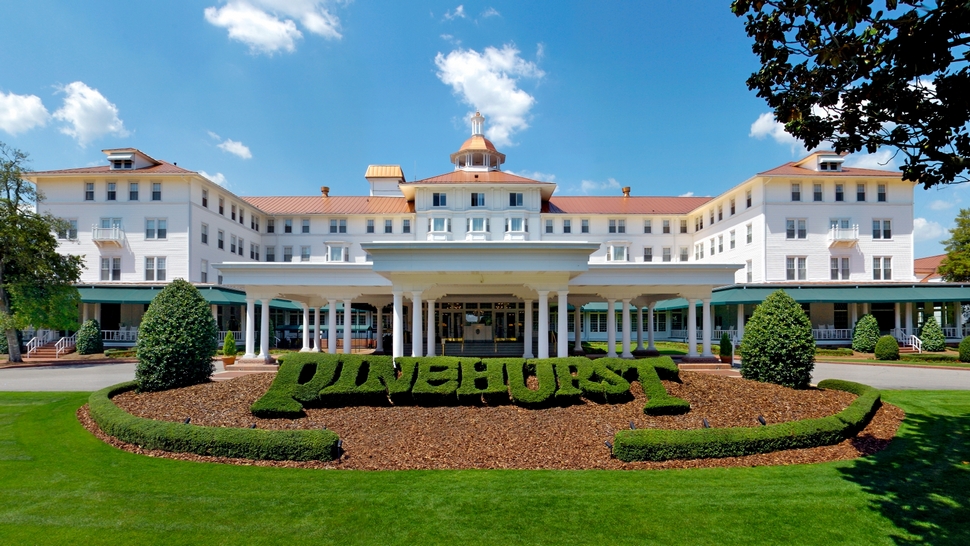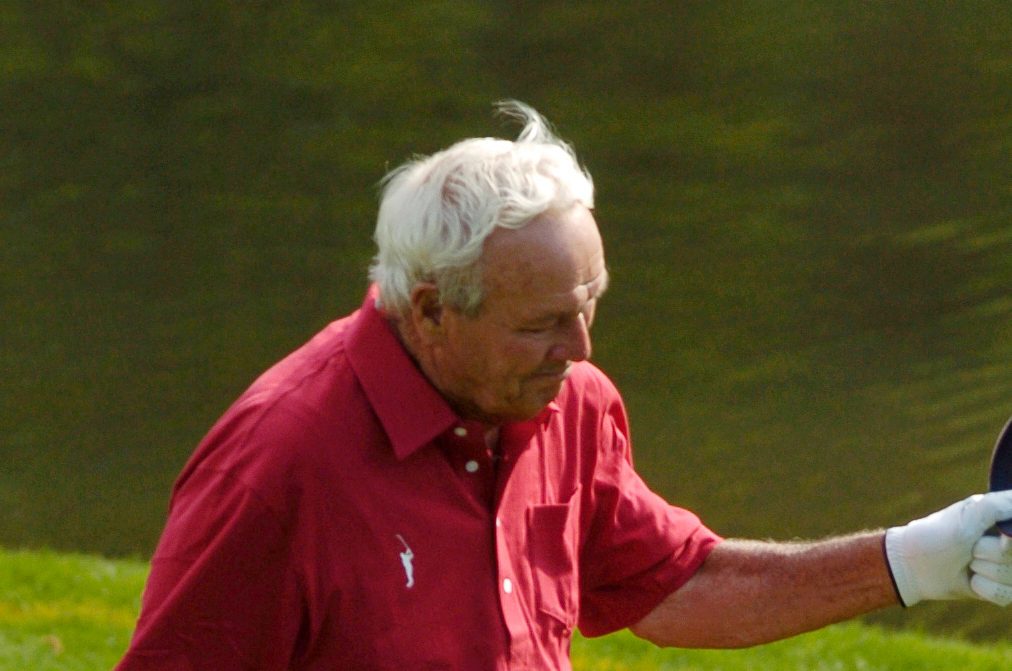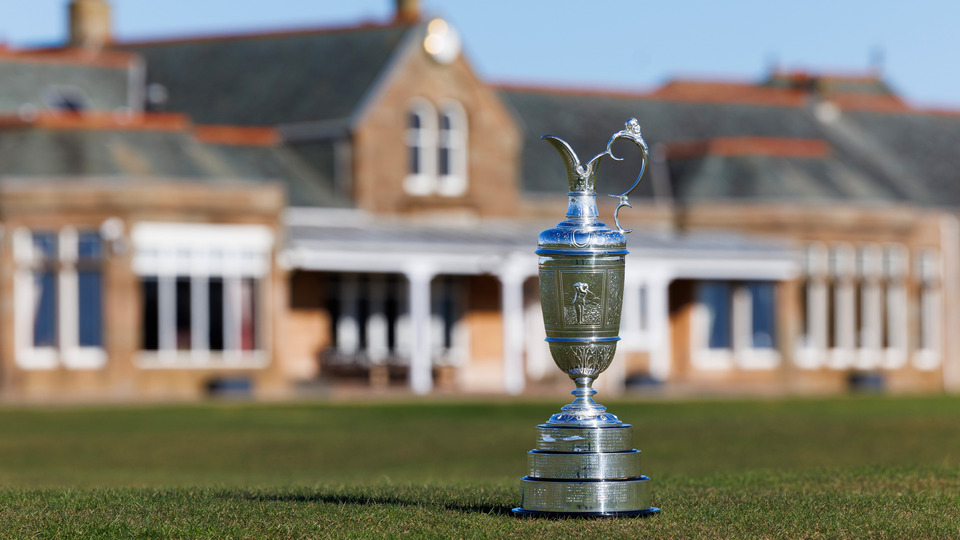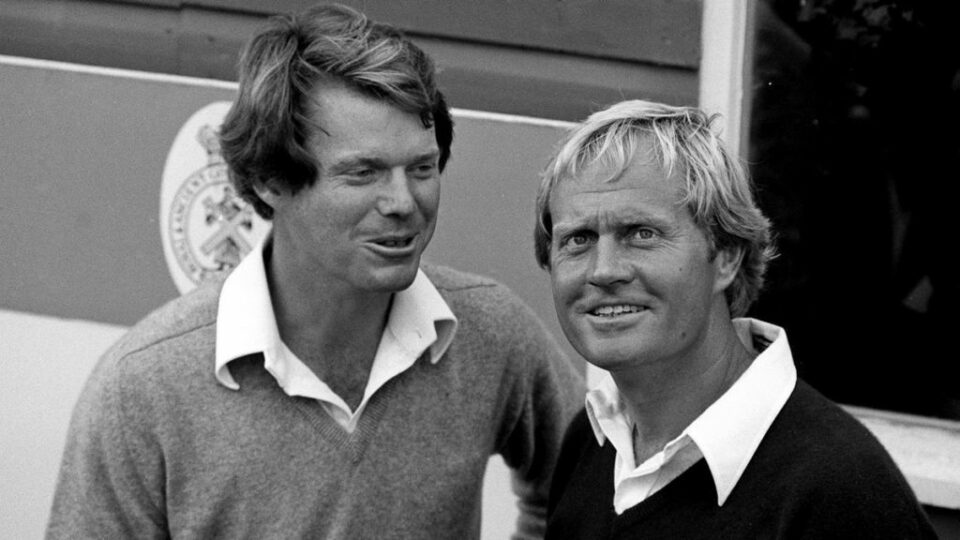North Carolina's storied contribution to the history of golf is rich and significant, weaving a tapestry of legendary players, iconic courses, and memorable tournaments that have left an indelible mark on the sport. From the sandy hills of Pinehurst to the collegiate competitions that have produced some of the game's most incredible talents, the state's influence on golf is undeniable. This exploration into North Carolina's golf heritage reveals the depth and breadth of its impact on the sport.
The Birth of Golf in North Carolina
The genesis of golf in North Carolina, dating back to the late 19th century, signifies a pivotal era in the state's rich sporting history. This period saw the emergence of golf as a popular pastime, with the establishment of several courses that laid the groundwork for North Carolina's significant role in the sport's development in the United States.
The early golf courses in North Carolina were not just playing fields. Still, they were instrumental in cultivating a culture of golf that would flourish and impact the sport nationally.
During this transformative time, early forms of golf were played in colonial North Carolina, but it was the 1890s that indeed marked the advent of the modern game in the state—this decade witnessed the creation of numerous golf courses, setting a precedent for the region's design and development of golfing facilities.
The significance of these early courses extends beyond their role as mere sporting venues. They were central to the community, gathering places for social interaction and exchanging ideas about the sport. This communal aspect of golf fostered a deep appreciation for the game among North Carolinians, contributing to the state's burgeoning golf culture.
Pinehurst: The Cradle of American Golf
Pinehurst No. 2, often hailed as the Cradle of American Golf holds a storied place in golf history, embodying the evolution and spirit of the game in the United States. Founded by James Walker Tufts in the late 19th century, Pinehurst Resort expanded to include nine golf courses, with Pinehurst No. 2 as its crown jewel.
Designed by the legendary Donald Ross, who considered the course his masterpiece, Pinehurst No. 2 has been the venue for more single golf championships than any other course in America, including multiple U.S. Open Championships.
The course opened in 1907 and became renowned for its challenging layout and meticulous design. Ross's genius is evident in every aspect of the course, from the undulating greens to the strategically placed bunkers, demanding precision and strategy from golfers. Pinehurst No. 2's design is a testament to Ross's philosophy of presenting golfers with fair yet demanding challenges, encouraging players to think their way through each shot.
Pinehurst No. 2's significance extends beyond its design; it has played a pivotal role in the history of golf in America.
The course has hosted numerous prestigious tournaments, including back-to-back U.S. Open and U.S. Women's Open Championships. The feat underscores its versatility and enduring challenge to the world's best golfers. These tournaments have showcased the course's exceptional design and contributed to its legendary status in the golfing world.

Legends of the Fairway
North Carolina's contribution to the world of golf extends far beyond its historic courses, significantly nurturing some of the sport's most celebrated figures. The state's rich golfing heritage is embodied by legends such as Arnold Palmer, whose time at Wake Forest University marked the beginning of a storied career. Palmer's charismatic style and competitive spirit not only won him legions of fans but also spurred the growth of golf's popularity worldwide.

In addition to Palmer, North Carolina has been home to other notable golfers who have made their mark on the sport. Born in Raleigh, Webb Simpson has distinguished himself on the national stage, capturing the U.S. Open title and becoming a prominent figure in professional golf. His achievements have increased the state's reputation as a breeding ground for golfing talent.
Payne Stewart, known for his dramatic victory at the 1999 U.S. Open held at Pinehurst, is another golfer with ties to North Carolina who has left an indelible mark on the sport. Stewart's win at Pinehurst No. 2 is remembered as one of the most iconic moments in golf history, underscoring the state's pivotal role in shaping the careers of golf's elite.

The list of golfers from North Carolina also includes Raymond Floyd, whose four major titles—the 1969 and 1982 PGA Championships, the 1976 Masters, and the 1986 U.S. Open—rank him among the sport's greats. Floyd's achievements highlight the depth of golfing talent from North Carolina, further cementing the state's legacy in the sport.
Collegiate Golf and the Development of Talent
The state's universities have played a crucial role in nurturing golfing talent, with programs at institutions such as Wake Forest University, Duke University, and the University of North Carolina at Chapel Hill producing professional golfers who have achieved success on both national and international stages.
These collegiate programs have contributed to the development of individual players and elevated the competitive spirit and quality of golf throughout the state. This rich tradition of excellence in golf has become a point of pride for North Carolina, paralleling the growing interest in North Carolina sports betting, where enthusiasts can engage with and support the state's sports achievements across various platforms.
Conclusion
North Carolina's contribution to golf history is both profound and far-reaching. From the sandy fairways of Pinehurst to the collegiate competitions that have honed the skills of future champions, the state's impact on the sport is undeniable. As North Carolina fosters golfing talent and hosts prestigious tournaments, its place in the annals of golf history is assured, a testament to its enduring love affair with the game.




